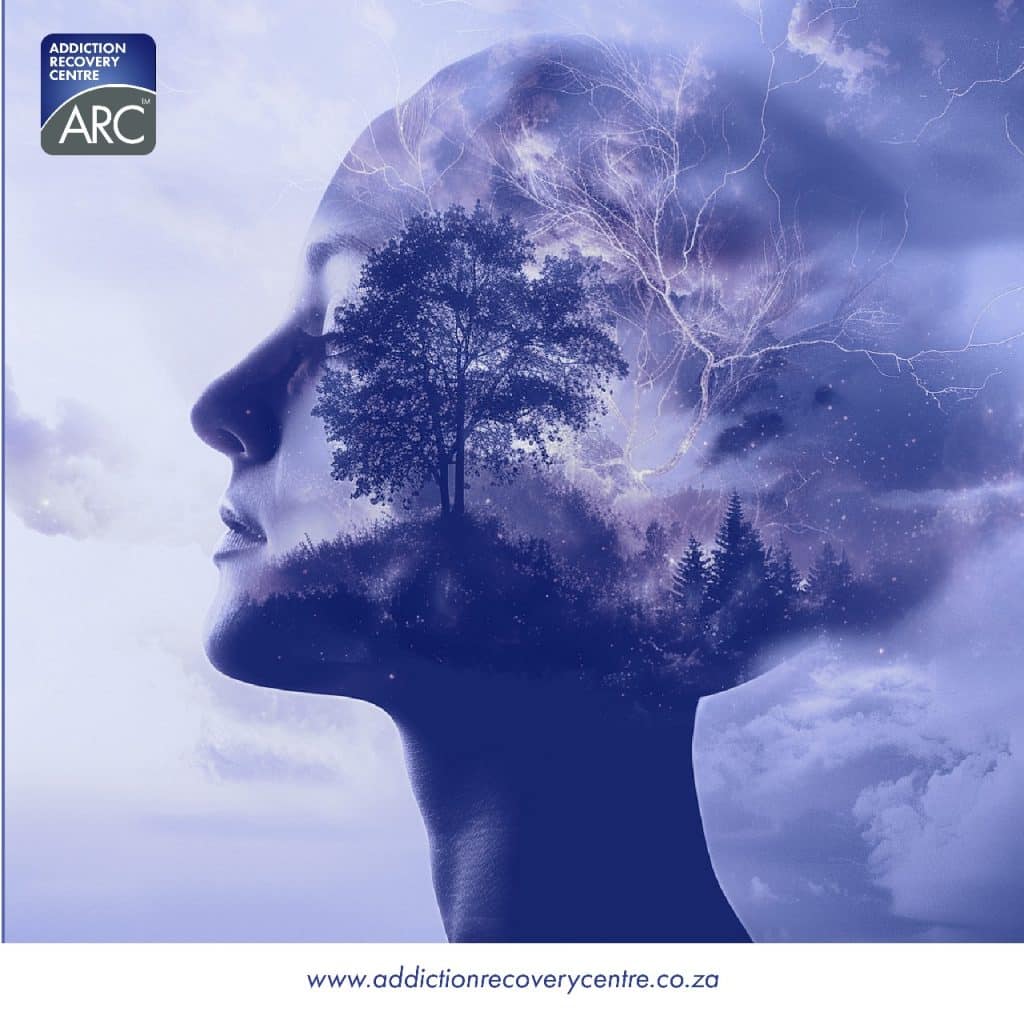
Group Therapy for Addiction
Group Therapy for Addiction
Group therapy for addiction provides a supportive space where you can connect with others facing similar struggles. It helps reduce feelings of isolation and encourages personal growth through shared experiences. In these sessions, you’ll engage in open discussions, practice active listening, and gain new coping strategies. With various approaches available, such as CBT and 12-Step programs, finding the right fit is crucial for your recovery journey. There’s much more to discover about how group therapy can aid your healing.
Understanding Group Therapy for Addiction
Group therapy for addiction offers a supportive environment where individuals can share their experiences and learn from one another. You’ll find that this setting fosters a sense of community, helping you feel less isolated in your struggles. In group therapy, you engage with others facing similar challenges, which can provide you with new insights and perspectives. Each session typically involves discussions led by a trained facilitator, who guides conversations and guarantees everyone feels safe to express themselves. You’ll also have the opportunity to practice essential skills like active listening and empathy. By participating, you’ll not only gain valuable support but also contribute to the healing journey of others, creating a powerful dynamic that promotes recovery and personal growth.
The Benefits of Group Therapy
Participating in group therapy can greatly enhance your recovery journey, as it provides numerous benefits that individual therapy may lack. You’ll find a sense of community, connecting with others who understand your struggles, which fosters a supportive environment. Sharing your experiences and hearing others’ stories can reduce feelings of isolation and loneliness. Additionally, group therapy encourages accountability; knowing others are invested in your progress can motivate you to stay committed to your goals. You’ll learn new coping strategies and gain insights from diverse perspectives, enriching your understanding of addiction. Ultimately, the shared emotional experiences can help you develop empathy and compassion, not only for yourself but also for others facing similar battles. This collective healing can be incredibly powerful.
How Group Therapy Sessions Work
In a group therapy session, individuals gather with a trained facilitator to share their experiences and support one another in their recovery journeys. Each session typically begins with a check-in, allowing everyone to express how they’re feeling. The facilitator guides discussions and encourages participation, ensuring that everyone has a chance to speak. You’ll find a safe, non-judgmental environment where you can share your struggles and successes. While confidentiality is paramount, you’ll also learn from others’ experiences, gaining insights and coping strategies. Activities may include role-playing, sharing personal stories, or discussing specific topics related to addiction. Through this collaborative process, you’ll build a sense of community, accountability, and motivation, essential for sustaining your recovery path.
Different Types of Group Therapy for Addiction
While various types of group therapy exist for addiction, each approach caters to unique needs and preferences. One popular option is Cognitive Behavioral Therapy (CBT), where you’ll learn to identify and change negative thought patterns. Another choice is Motivational Interviewing, which helps you explore your motivations for change. You might also consider 12-Step programs like Alcoholics Anonymous, emphasizing peer support and shared experiences. Additionally, there are specialized groups for specific populations, such as women or LGBTQ+ individuals, addressing unique challenges. Finally, some groups focus on mindfulness and stress reduction techniques, promoting emotional regulation. Each type offers distinct benefits, so it’s important to explore what resonates with you and supports your recovery journey effectively.
Finding the Right Group Therapy Program
Choosing the right group therapy program can greatly impact your recovery journey. Start by identifying your specific needs and preferences. Consider factors like the type of addiction, the group’s focus, and the therapist’s credentials. Look for programs that foster a supportive atmosphere where you feel comfortable sharing your experiences. Attend a few sessions to gauge compatibility with the group dynamics. Pay attention to the group size; smaller groups often allow for more personal interaction. It’s also crucial to guarantee that the program incorporates evidence-based practices. Finally, don’t hesitate to ask questions about the program’s structure and success rates. Finding a group that resonates with you can considerably enhance your healing process and provide lasting support.
Frequently Asked Questions
Can Family Members Attend Group Therapy Sessions?
Yes, family members can attend group therapy sessions, depending on the program’s rules. Their presence often helps build support and understanding, but it is crucial to check with the facilitator about specific guidelines for participation.
How Long Do Group Therapy Sessions Typically Last?
Group therapy sessions usually last between 60 to 90 minutes. You’ll find that this time frame allows for meaningful discussions and connections among participants, helping everyone engage more effectively in the therapeutic process.
Is Group Therapy Effective for All Types of Addiction?
Not every treatment works for everyone. Some people find group therapy incredibly effective, while others may need alternative methods. It’s important to explore various approaches to discover what truly resonates with you and your recovery journey.
What Should I Bring to My First Group Therapy Session?
For your first session, bring a notebook, pen, and any personal items that help you feel comfortable. It’s also good to have an open mind and willingness to share your thoughts with others.
Are There Age Restrictions for Participation in Group Therapy?
There aren’t strict age restrictions for group therapy. However, many groups cater to specific age ranges. It’s best to check with the facilitator to guarantee you find a suitable group for your age and needs.
To sum up, group therapy can be a powerful tool in your journey to overcome addiction. By connecting with others who share similar struggles, you’ll gain support, insights, and encouragement. With various types of group therapy available, you can find a program that suits your needs. Remember, taking that first step to join a group can be transformative, helping you build a strong foundation for lasting recovery. Embrace the power of community and take control of your healing journey today.
